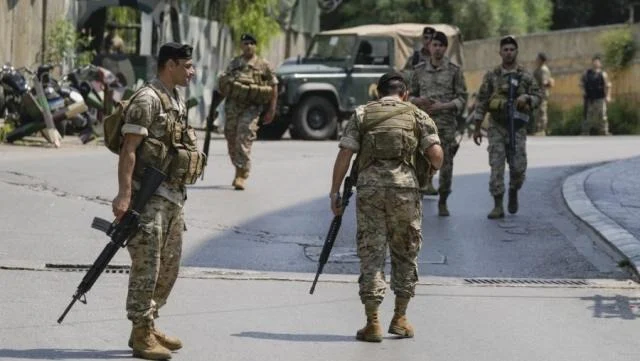DUBLIN – Tánaiste Micheál Martin and Taoiseach Simon Harris have strongly advised Irish citizens to refrain from traveling to Israel due to increasing fears of a broader regional war. This warning follows recent high-profile assassinations carried out by Israel, which have significantly heightened tensions in the Middle East.
In recent weeks, Israel has targeted and killed a senior Hezbollah commander in Lebanon and Hamas’ political leader during his visit to Tehran, Iran. These actions have raised concerns among observers about the potential for the conflict in the Gaza Strip to expand into a wider regional war.
Israel has also conducted military operations in Lebanon, Iran, Syria, and Yemen since the outbreak of the latest Gaza war. The ongoing conflict between Hezbollah and Israel, which began after Hamas-led attacks on Israel in October, has seen low-intensity cross-border fighting. The Israeli siege, bombardment, and invasion of Gaza have resulted in at least 39,683 fatalities.
The assassination of Ismail Haniyeh, Hamas’ political leader, in Tehran last week marked a significant escalation and a major setback to the intermittent ceasefire negotiations between Israel and Hamas. Iran has vowed to avenge the killing of Haniyeh, viewing the act as a severe provocation.
“No one has the right to doubt Iran’s legal right to punish the Zionist regime,” stated Iranian foreign ministry spokesman Nasser Kanani during a press conference.
Tánaiste Micheál Martin, who also serves as the Minister for Defence, reiterated the Department of Foreign Affairs’ advice against traveling to Israel and neighboring Lebanon. “Our travel advice for Israel has changed due to growing instability in the region,” Taoiseach Simon Harris echoed in a social media post.
The Department of Foreign Affairs’ website now plainly advises: “Do not travel” to Israel or Palestine. The site further elaborates, “The security situation across both Israel and Palestine remains tense and unpredictable, with the potential for intense escalation.”
The United States has also increased its military presence in the region, positioning more warships since Israel’s latest attacks on its neighbors. This has prompted multiple countries to issue similar travel advisories to their citizens.
UN High Commissioner for Human Rights Volker Turk has called for urgent de-escalation in the Middle East. “I am deeply worried about the rising risk of a wider conflict in the Middle East and plead with all parties, along with those states with influence, to act urgently to de-escalate what has become a very precarious situation,” said Turk.
“Everything, and I mean everything, must be done to avoid this situation spiraling further into an abyss that will only have even more terrible consequences for civilians,” he added.
As the situation remains volatile, Irish citizens are urged to stay informed through local media, follow the advice of local authorities, and observe any additional security measures.
